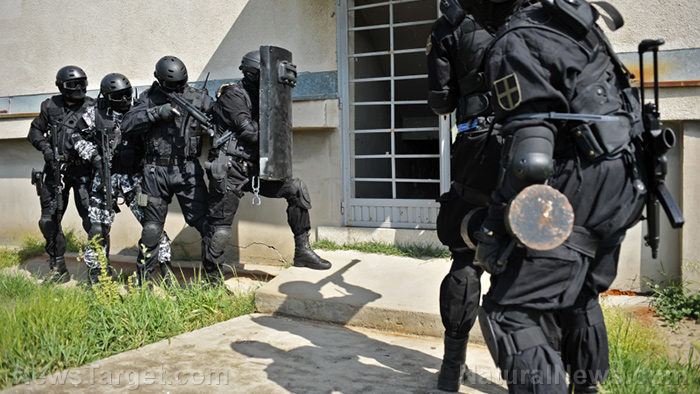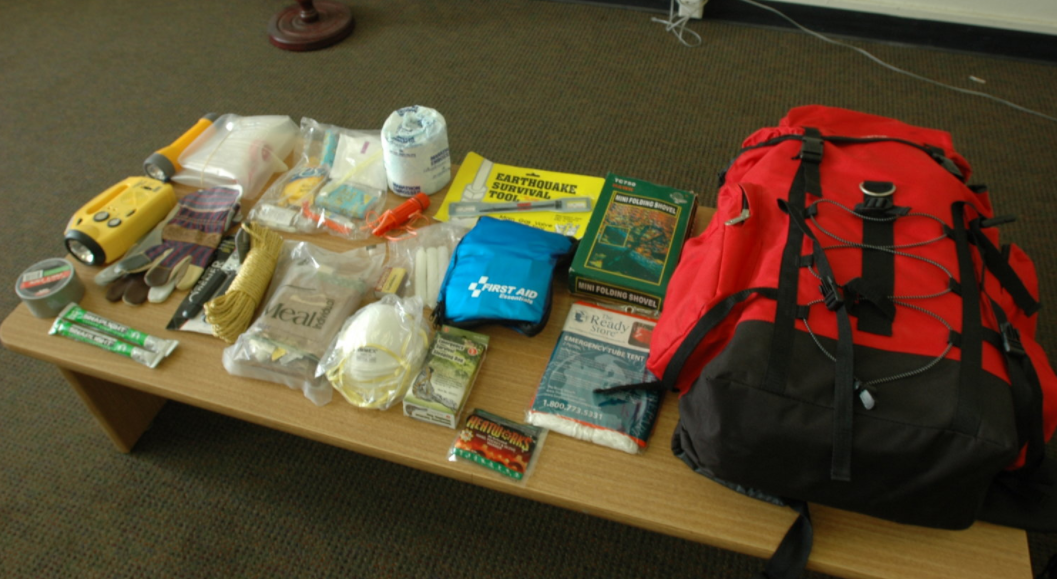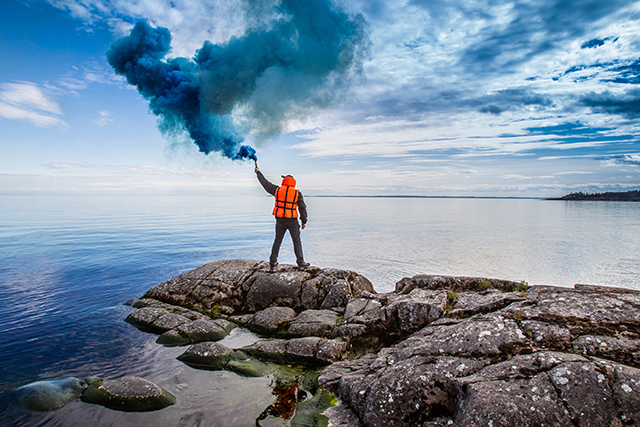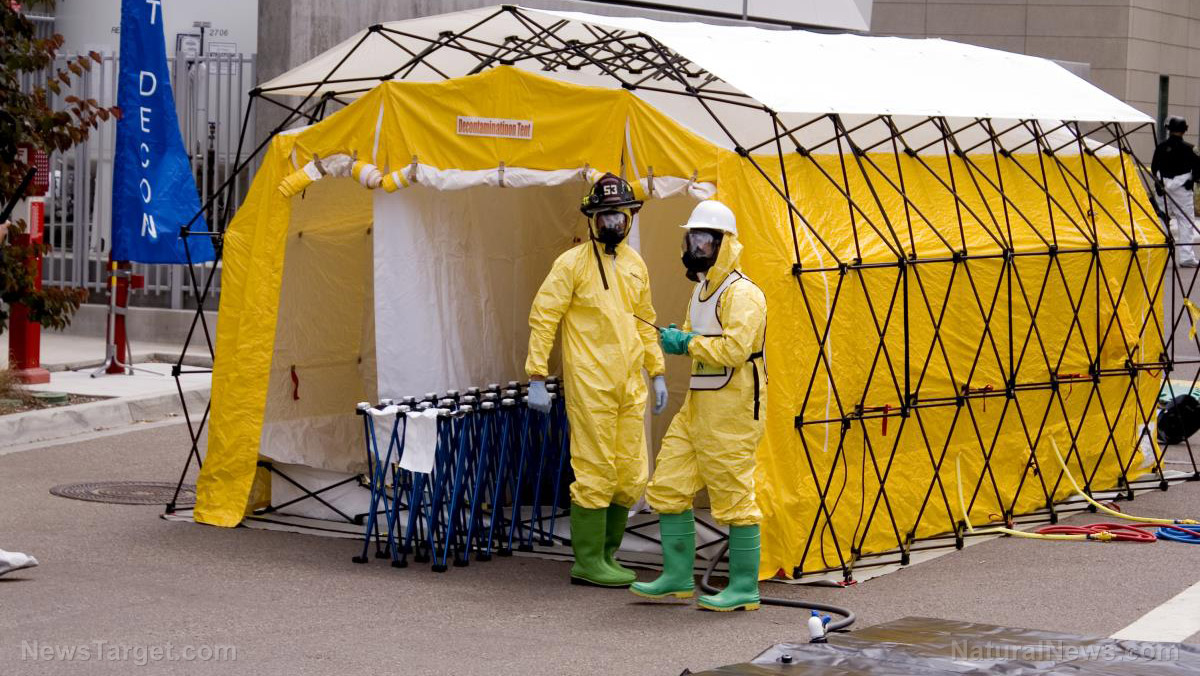Prepping basics: Important hygiene rules to follow when SHTF
03/06/2019 / By Mary Miller
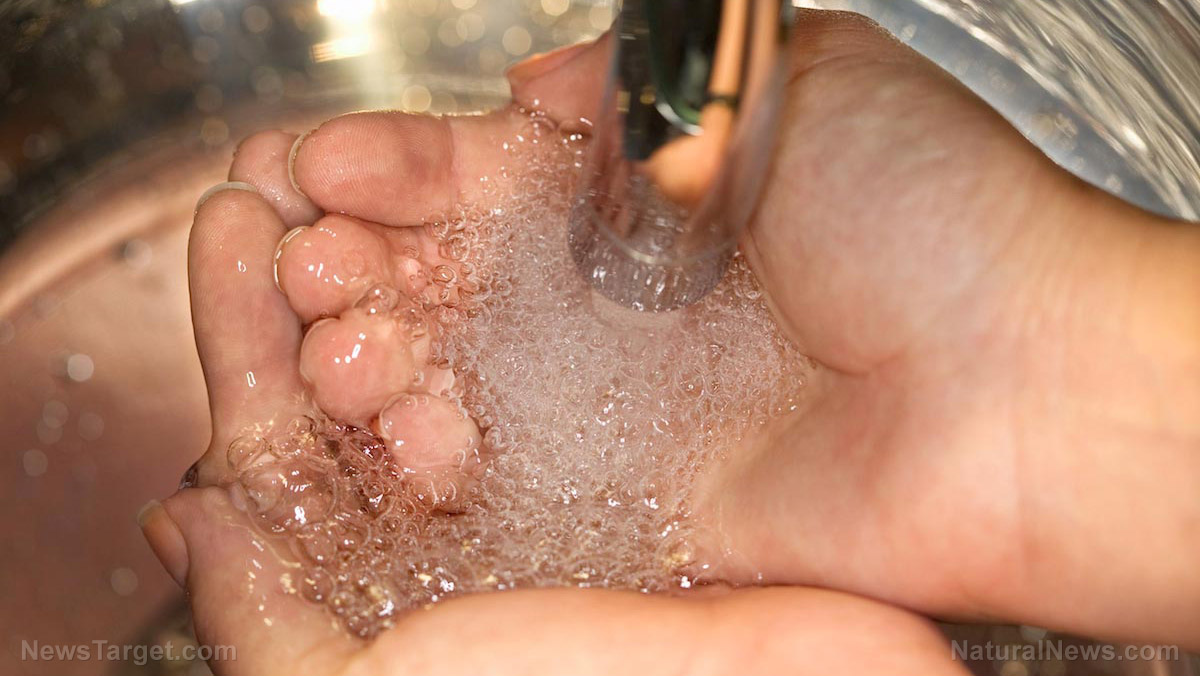
When a large-scale disaster happens, hygiene often takes a backseat in terms of survival priorities. Unfortunately, in such a situation, improper hygiene can easily lead to the spread of disease-causing bacteria. Even when daily hygiene practices become a rare luxury, cleanliness and sanitation still should be prioritized, otherwise the brown stuff will really hit the fan. Personal care and hygiene don’t just exist to make you feel better and refreshed. They are also important for your overall health and well-being, which can definitely improve your chances of survival. Stay healthy after SHTF by following these important hygiene rules. (h/t to BackdoorSurvival.com)
Latrines and outhouses should be set up properly
Proper waste sanitation should be a priority. Human feces carries a lot of harmful germs, and the last thing you want in a survival scenario is for your source of drinking water to become contaminated with fecal matter, human or otherwise. As such, it is important to set up outhouses and latrines properly and far away from sources of water. They should also not be overused, otherwise the waste material may leak out of the hole and spill over to nearby areas. You can sanitize your latrine with powdered or pelletized lime.
Have a personal hygiene kit
Just as you have your bug-out bag, first aid kit, and 72-hour survival kit, you should also prepare a personal hygiene kit in case SHTF. Stock up on all the necessary hygiene products while you can, including hand sanitizer, wet wipes, soap, toothpaste, toothbrushes, disposable nitrile gloves, and toilet paper. Women should also keep enough feminine hygiene products in their kits. You can even include antiseptic and antibacterial essential oils in your kit. (Related: Staying healthy after SHTF: Best hygiene practices.)
The power of the elements: Discover Colloidal Silver Mouthwash with quality, natural ingredients like Sangre de Drago sap, black walnut hulls, menthol crystals and more. Zero artificial sweeteners, colors or alcohol. Learn more at the Health Ranger Store and help support this news site.
Remember to wash your hands
In a survival situation, your bare hands will likely come into frequent contact with various objects as you go about your survival tasks. If you aren’t careful, this can make it easy for harmful pathogens to spread like wildfire. Relying on hand sanitizer can only go so far in keeping your hands clean. When it comes to personal cleanliness, nothing beats good old soap and water. Since you already have hand soap stocked in your personal hygiene kit, don’t forget to use it as needed. As much as possible, try to wash your hands, especially before and after treating wounds, handling food, or using the toilet.
Treat wounds immediately
Wounds and injuries should never be neglected, no matter how small they may seem. If they are allowed to fester and get infected, this negligence could turn a relatively minor injury into a life-threatening medical emergency. Your access to medical assistance may be limited in this situation, so you will need to treat the injuries yourself to prevent further complications. Your first aid kit should come with disinfectant to clean any wounds. It should also be equipped with a variety of bandages to treat wounds of all sizes.
Make proper trash disposal a priority
When trash is allowed to accumulate, it could create a potential breeding ground for illness-causing germs and bacteria. That’s not even taking into account the flies and cockroaches that could get into the garbage and become carriers of disease themselves. Depending on your situation, consider what your options are for safe garbage disposal. You could either burn your trash, bury it, or find ways to reuse it. If you do plan to bury it, designate an area in your vicinity that is far away from any sources of water and food-bearing plants to avoid possible contamination. You can even add lime to the trash before burying it to help sanitize it and promote decomposition.
Sources include:
Tagged Under: bug out, cleanliness, emergencies, first aid, handwashing, homesteading, hygiene kit, off grid, outdoors, preparedness, Preppers, prepping, proper hygiene, sanitation, self-reliance, SHTF, survival, survivalist, Waste disposal







